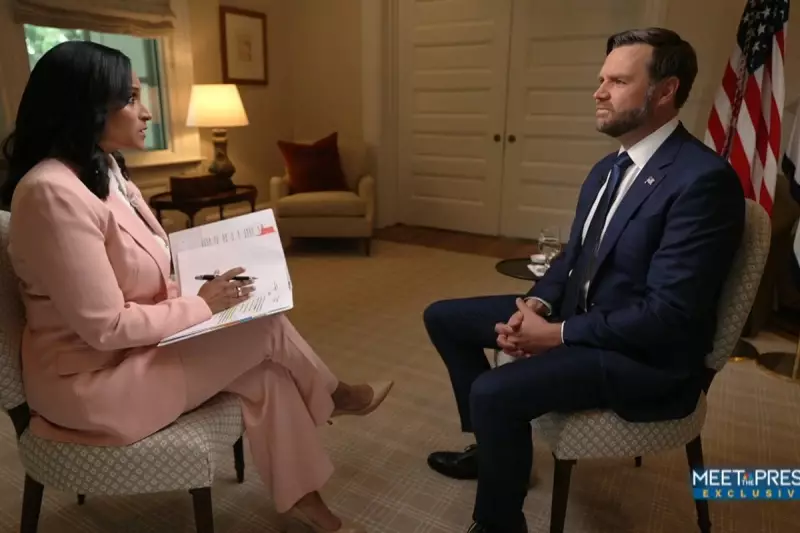
In a move that has sent shockwaves through diplomatic circles, JD Vance, the newly minted Republican vice-presidential nominee, has openly called for Ukraine to surrender sovereign territory to Vladimir Putin's Russia to end the ongoing conflict.
The Ohio senator and close Trump ally declared the war 'unwinnable' for Kyiv during a candid interview, positioning a potential Trump administration firmly on a path of appeasement that directly contradicts current US and NATO support for President Zelensky.
A Stark Warning to Zelensky
Vance's comments represent the most explicit outline yet of the foreign policy direction a Trump White House would take. He argued that Ukraine must enter negotiations from a position of weakness, effectively conceding that the occupied territories in the east are lost.
'The idea that Ukraine is going to throw Russia back to the 1991 borders is preposterous,' Vance stated, dismissing the goal that has been central to Ukraine's defence. He insisted that continued US support for a Ukrainian victory is a 'fantasy' and that the West must instead push Zelensky to the negotiating table.
Aligning with Putin's Objectives
The senator's stance alarmingly echoes the long-standing demands of the Kremlin, which has consistently insisted that any peace deal must recognise its illegal annexation of Ukrainian land. This alignment with Russian objectives has raised profound concerns among European allies, who fear a collapse of Western unity against Russian aggression.
Vance, a former 'never-Trumper' who has reinvented himself as a MAGA loyalist, has long been sceptical of American involvement in Ukraine. His elevation to the GOP ticket signals that this isolationist, pro-Russia sentiment would be at the heart of US strategic thinking from 2025.
The Atlantic Alliance Under Threat
This proposed policy U-turn threatens to fracture the Atlantic alliance and embolden Moscow. Analysts suggest that such rhetoric from a likely future administration already undermines Kyiv's negotiating position and gives Putin incentive to prolong the conflict until after the US election.
The comments have been met with fierce criticism from foreign policy experts and Democrats, who accuse Vance and Trump of preparing to abandon a democratic ally to an authoritarian aggressor. The future of European security, they argue, now hangs in the balance of the American electoral process.





